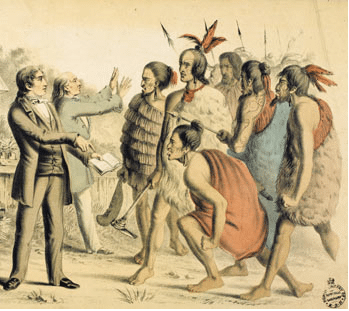Epsilon Theory In Brief
Daily short-form pieces for those without the time (or attention span) for classic Epsilon Theory notes. Look out for regular features like the subscriber mailbag and guest contributions from within the Epsilon Theory network.
Isaac Asimov’s Foundation Trilogy isn’t just science fiction. It’s a blueprint. It’s a blueprint for how civilization falls, or a culture fails, and what it takes to rebuild it as quickly as possible.
The true face of Futurism is one part technological dependence, and two parts obsession with the technologies we create, instead of the people they were designed to help.
In which Ben discovers that losing a hive of bees, like losing sociopathic sheep, industrially inefficient chickens, or really any farm animal, teaches its own lessons.
In which readers ask how to apportion the market effects of Fed jawboning and Fed asset purchases and sales (to the extent that the latter is not just part of the former’s Cartoon).
In tangible terms, I’m not sure that Michael Cohen’s flip on DJT has done much to change anything, as much as the left would like it do. From a Narrative perspective, however, it is a big deal.
In which we reference an interesting article from Colin Woodward arguing against Common Knowledge of the rural/urban divide in the United States.
We write about the Common Knowledge Game a lot in Epsilon Theory, because it’s the central game of crowds and narratives.
Common knowledge is something that we all believe everyone else believes.
Well, you know you’ve really made it in this business when Grant Williams shows up on your doorstep with his crew. What an honor to…
There is no excerpt because this is a protected post.
- « Previous
- 1
- …
- 26
- 27
- 28






